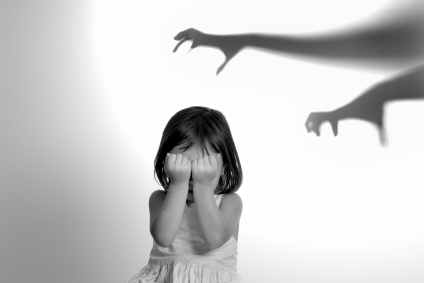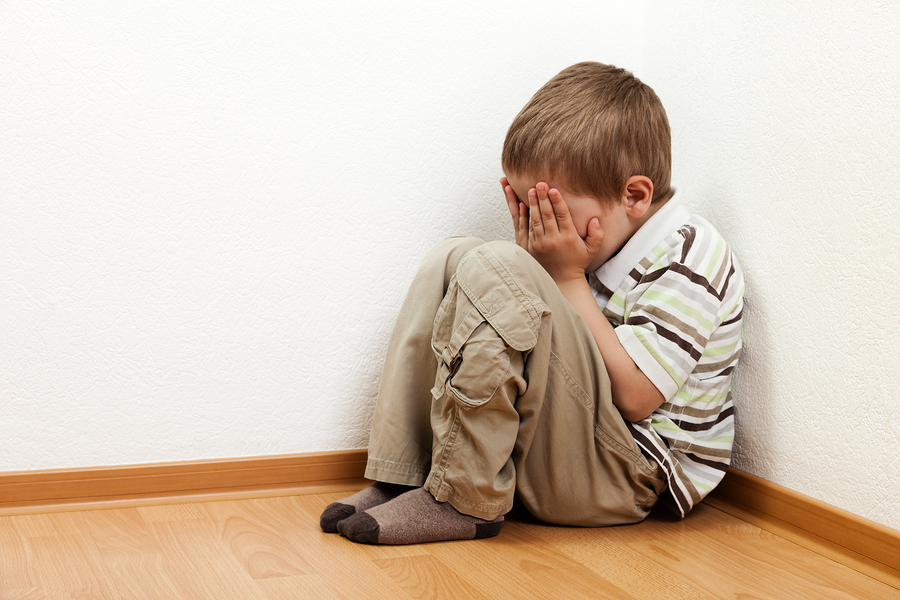We Have to Stop Ignoring Adverse Childhood Experiences | John Thompson:
We Have to Stop Ignoring Adverse Childhood Experiences

NPR's Laura Starecheski, in "Can Family Secrets Make You Sick?," describes the medical science which explains how adverse childhood experiences lead to chronic adult illnesses, including heart disease and cancer. Her excellent report was the first of two accounts of adverse childhood experiences (ACE) and the way that the medical profession has failed to grapple with the long term effects of sexual, physical and emotional abuse; child neglect; the loss of a parent due to death, divorce or incarceration; mental illness in a parent; and drug or alcohol abuse by a parent.
Dr. Vincent Felliti argues that inventorying traumatic childhood experiences is one of "the biggest opportunities to prevent disease -- and save billions in health care costs." Sadly, "It's an opportunity ... that American medicine and the health care industry still seem to be missing."
On the other hand, the NPR series gives us hope. Fifteen years after Felitti and Dr. Rob Anda showed why childhood trauma contributes to "pretty much every one of the major public health problems," some scientists "are trying to connect the dots -- to get a clearer picture of what exactly adverse childhood experiences do to the body."
MacArthur Fellow Jeff Brenner, whose work is on treating the most complicated, expensive patients in Camden, N.J., predicts "I can't imagine, 10 or 15 years from now, a health care system that doesn't routinely use the ACE scores."
Virtually every dynamic in the medical profession's delayed adoption of ACE research has a parallel theme in the education sector. As Paul Tough explains, the contemporary reform movement was born of "liberal ptsd" from (supposedly) losing the War on Poverty. Believing that the challenge of overcoming poverty by traditional methods was too great, non-educators imposed a test-driven accountability shortcut. They thus ignored the fundamental challenge in urban education - teaching a class of thirty or so students when 8 to 10 of them have been traumatized to the point where their cognitive processes have been altered.
Even as the study of children's response to trauma pointed to the need to focus on the socio-emotional needs of students, the test-driven school reform movement drew a line in the sand; the mention of adverse childhood experiences was dismissed as an "Excuse." Top-down school reformers imposed an educational version of faith healing on schools, insisting that "High Expectations" by teachers within the four walls of the classroom would trump the ACE dynamics.
After fifteen years of imposing the stress of high-stakes testing to overcome the stress of extreme poverty and trauma, school "reform" has demonstrably failed. Some hold true to the corporate reform mantra that we just need a better test to test to, and to fire teachers who find merit in ACE research. Even the true believers in the Gates Foundation and Arne Duncan's administration, however, seem to be realizing that they cannot test, sort, and punish their way to better schools. They seem to merely assume that their bubble-in campaign was necessary because voters would not embrace a more humane and rational approach to school improvement until they saw liberals taking a prerequisite pound of flesh from teachers, unions, and students.
Reformers still don't seem to understand, however, why their market-driven approach inflicted so much pain on the poor children of color that they sincerely wanted to help. As ACE research shows, children from all races, economic classes, and backgrounds We Have to Stop Ignoring Adverse Childhood Experiences | John Thompson:

